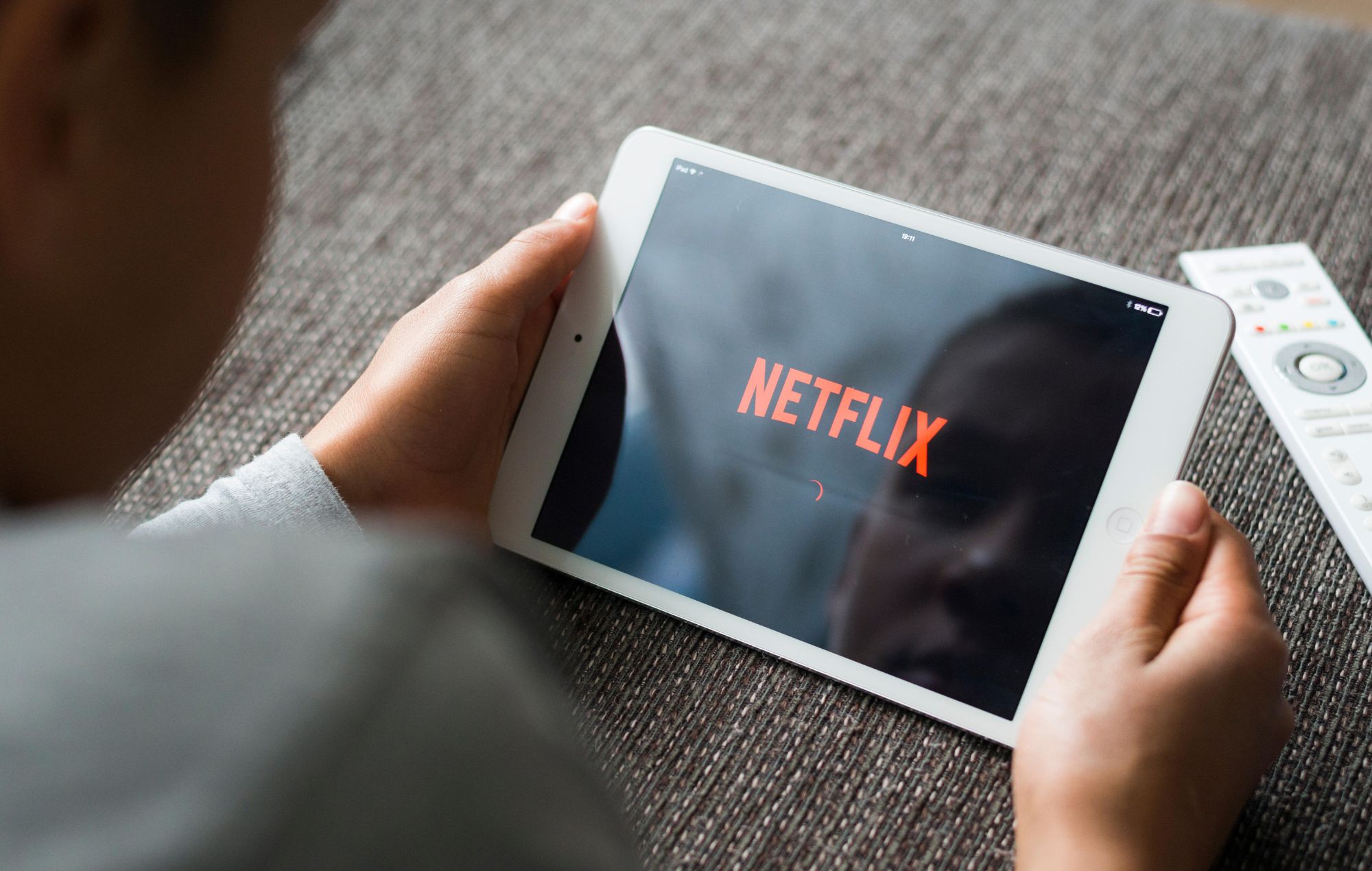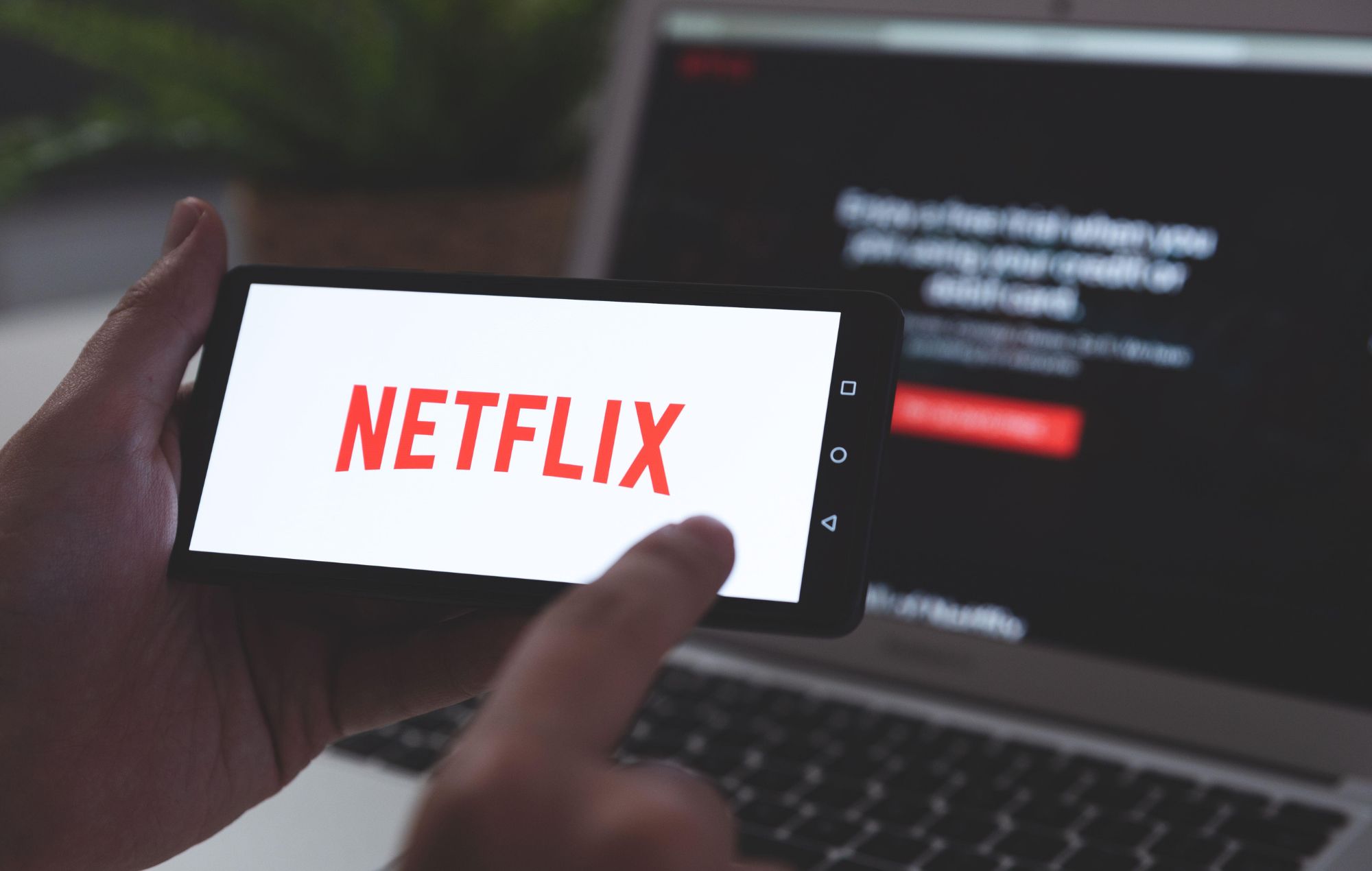
Netflix sign-ups rise over 100 per cent after password sharing crackdown
Sign-ups for Netflix have risen by over 100 per cent since the streaming service began cracking down on password sharing.
- READ MORE: The best UK streaming platforms – ranked!
Earlier this year, the streaming service announced details of its password crackdown, making it impossible to use one account in several locations.
The rule then came into force last month, with Netflix receiving major backlash from existing subscribers.
Since then though, Netflix has experienced a large rise in sign-ups, with the days between May 25-28 – shortly after the May 23 announcement – becoming the platform’s four biggest days of new sign-ups in the United States since 2019, as Variety report.
On those days, 73,000 new users signed up for Netflix, a 102 per cent increase on the previous 60 days.

In a statement posted by Netflix last month, they explained of the rule: “Starting today, we will be sending this email to members who are sharing Netflix outside their household in the United Kingdom.”
The streaming giant said a Netflix account was “for use by one household” and those wanting to share theirs must pay £4.99 to do so.
They continued to explain: “It’s why we continue to invest heavily in a wide variety of new films and TV programmes – so whatever your taste, mood or language and whoever you’re watching with, there’s always something satisfying to watch on Netflix.”
Since the announcement of the account sharing fee, Netflix has begun receiving backlash. Unhappy customers took to social media to express their annoyance with the new rules that have been implemented. “Netflix is over” commented one person on twitter while another said “I think I speak for everyone when I say we WILL be cancelling.”
The streaming giant had warned an update preventing users from sharing passwords across several devices would arrive last year. The mechanics of the new system were shared on their website but due to the uproar on social media over the proposed plans, the streaming giant admitted some of these were shared in error.

![Music Remover from Video in 2025 [Top 6 Review]](https://edmislife.com/wp-content/uploads/2025/07/unnamed-29-png.webp)
